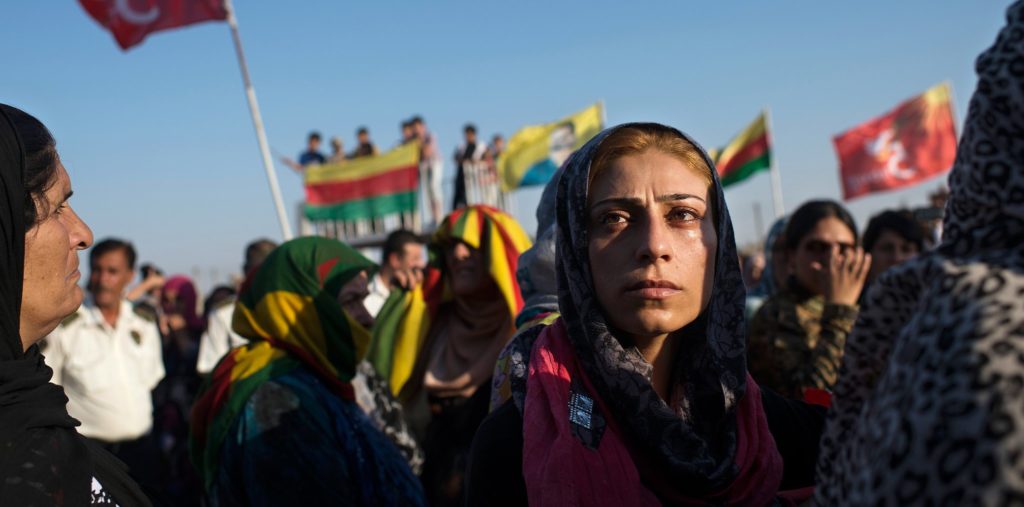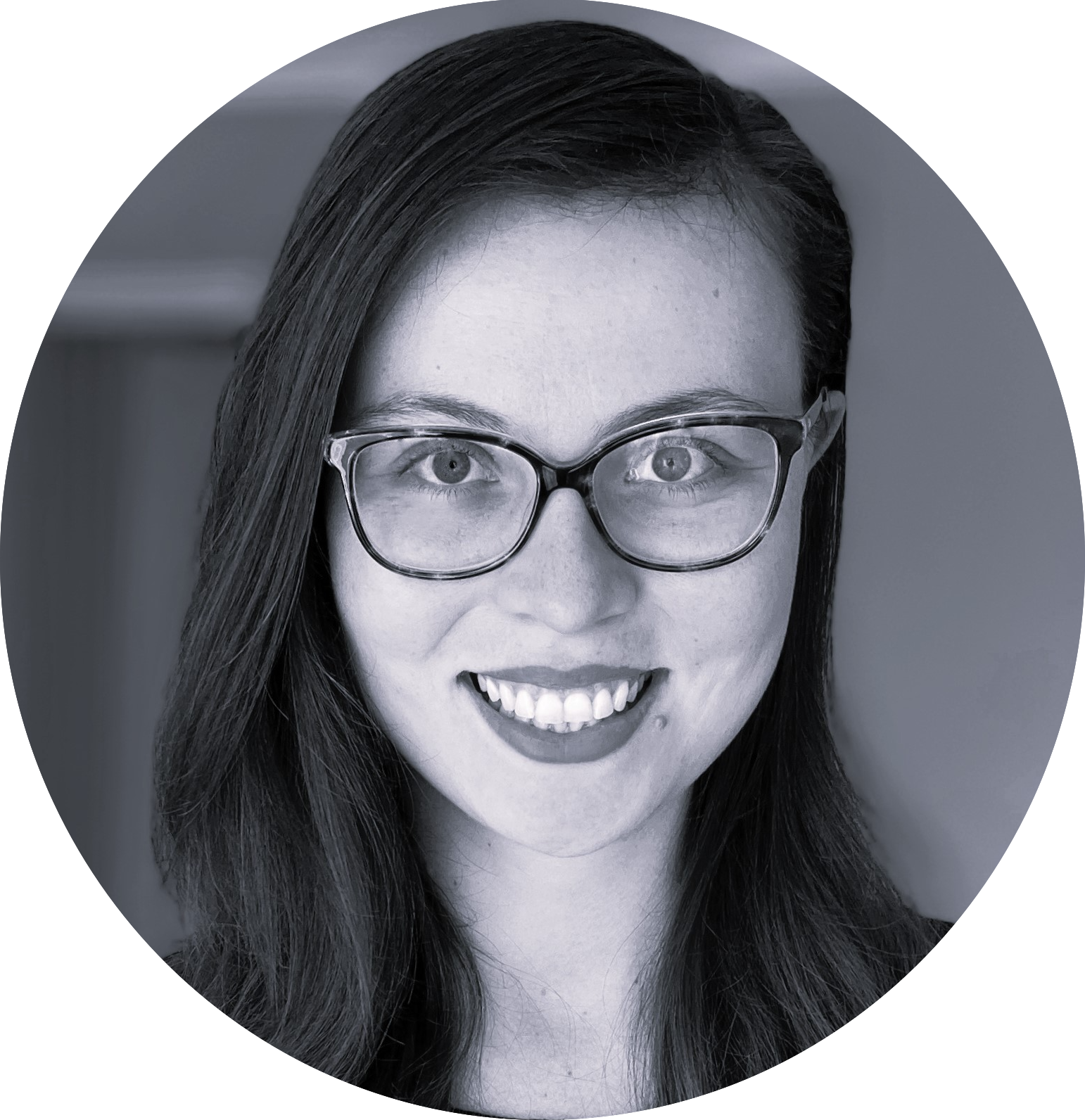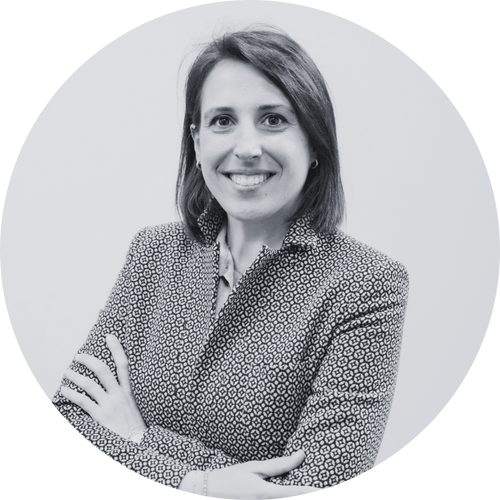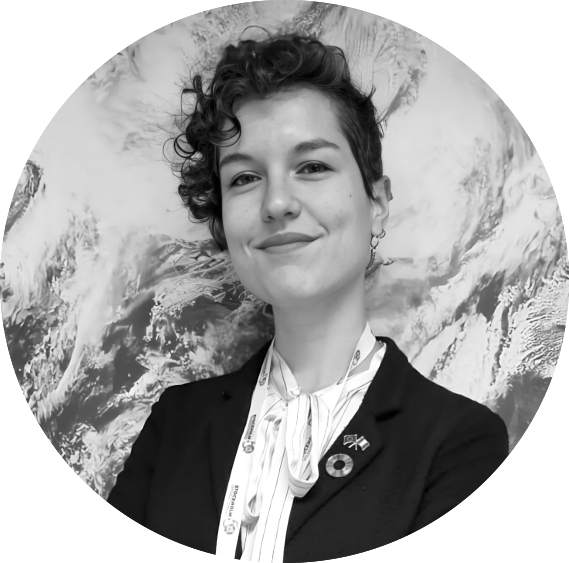
PERSPECTIVES FOR PEACEBUILDING IN SYRIA: THE DEMOCRATIC PROCESS IN ROJAVA
The region of Rojava, in the north of Syria, also known as Western Kurdistan, received wide international attention for its peculiar system of autonomous administration. The de facto authorities are implementing a pioneering political system based on participatory democracy, gender equality, minority rights, ecology and secularism. Even in a situation of armed conflict since 2011, Rojava institutions propose an approach based on self-defence and democratisation of the military sector.
Rojava is currently in the midst of organizing communal, regional and parliamentary elections. This democratic process has important innovative aspects that can create opportunities to “resist” the war in Syria, and even to contribute to peacebuilding in the area.
The Self-Proclaimed Autonomous Federation of Northern Syria – Rojava
Following years of hostilities with Syrian governmental forces, Rojava proclaimed its autonomy from Damascus in January 2014. The de-facto institutions promoted the democratic participation and human rights of minorities within the multicultural region of Rojava, by means of a polity system called “democratic confederalism”.
Democratic participation is guaranteed by a multi-level representation system. The structure consists of communes, regions and a parliamentary assembly: the Syrian Democratic Council. Each level elects co-presidents (the plurality of presidents encourages gender equality and representation of cultural minorities) for decisions pertaining to the local community, and elects delegates that represent them at the higher administrative level. The entire system is grounded on the principles of popular participation and federalism. On September 22, 2017, voters elected representatives of over 3.000 municipalities.
On December 1st, elections took place in the regions of al-Jazeera, the Euphrates and Afrin, to nominate Local Administration Councils. As the third and last part of the process, elections in January 2018 will select members of the Syrian Democratic Council. A regular outcome of the democratic process would strengthen the legitimacy of the Rojava authorities in the region.
Cultural Origins of the Rojava system
The democratic structure of Rojava appears to be particularly innovative for the most advanced democratic standards, and more so when compared to its neighbouring systems. Kurdish sources insist that the outcome of their political theory and constitutionalism is the result of a shared legislative process, which saw the participation of different parts of the society. It is important, however, not to neglect the role of the Kurdish leader Abdullah Ocalan as a theorist of the Rojava administration.
Ocalan is among the founders of the PKK: the Kurdish political force that fought for the independence of Kurdistan from Turkey. The PKK was included by many countries on their lists of terrorist organizations for their armed attacks which targeted, amongst others, civilians. Ocalan himself has been detained since 1999 in an isolated Turkish facility. During his detention, Ocalan experienced a deep change in his political thought. Influenced by authors such as Bookchin, Foucault, Wallerstein, and Braudel, he abandoned the Marxist-Leninist ideology that characterized PKK, in order to promote democratic confederalism as the ideal political system to administer multicultural societies. Ocalan authored several books on the matter. In 2006, he rejected the use of violence and proposed the start of peaceful negotiations with Turkey on the Kurdish issue. The crucial novelty in the political struggle, besides the choice of nonviolence, consisted in abandoning the request to establish a Kurdish nation state.
As a former military and political leader, Ocalan has maintained a strong charismatic authority on Rojava’s Kurdish people, who accepted his approach to statehood and the use of violence. Despite the participatory processes that characterises institution building in Rojava, the contribution of Ocalan as a political theorist remains decisive to the introduction of principles such as sustainable development, restorative justice, secularism and feminism.
Potential Impact on Peacebuilding in Syria
In the midst of the armed conflict in Syria, it is difficult to foresee possible developments in the political system in Rojava.
The main challenge to the potential of the Rojava experience is the region’s exclusion from the Geneva Peace talks, which is due to the opposition of Turkey as well as of other Syrian rebels, including other Kurdish groups. Participating to this international forum would have strengthened the Rojava administration, in terms of both its stability in the field and its visibility as an ambitious model, for the international community, to administer a multicultural society.
The theory of democratic confederalism aims to foster coexistence in multicultural societies by transcending the notion of the nation state. For this reason, the region implemented its autonomous administration without claiming independence, but by choosing to remain part of a united Syria.
Furthermore, the Constitution of Rojava, named Social Contract, presents the concept of nation-state as the root of the crises and problems of the conflicts of the last decades. The administration, accordingly, does not aim to self-proclaim an independent state. It also does not enter into conflict with the Syrian government, but recognizes its territorial integrity and maintains a “tacit alliance” with Damascus. Other rebel groups have criticised the Rojava administration for this ambiguous relationship with Assad’s Government. The position also strengthens the self-defence approach of Rojava. Within the Syrian armed conflict, Rojava resorts to armed struggle only for self-defence. Furthermore, the army is organised with a participatory process in local military councils, which guarantee accountability in the different levels of the Rojava institutions.
The federal proposal of Rojava, still, may obtain the support of the different actors involved in the Syrian conflict, and inspire a possible path of peacebuilding in the area. First, the US are militarily supporting Rojava in the fight against Daesh, obtaining the liberation of the “capital” Raqqa in October 2017. Second, Russia, a federation itself, does not exclude federalism as a possible model of administration for the future pacified Syria. Third, the acceptance of an autonomous region within the Syrian State could lead to an agreement with Damascus. Still, at the moment the Syrian Government opposes the democratic process in Rojava, in line with Turkey, Iran, and other Kurdish groups.
The political success of the Rojava system ultimately depends on the developments on the field of the Syrian armed conflict. From a cultural and theoretical point of view, however, it already constitutes a model to be followed as an example to administer a democratic and multicultural society.































